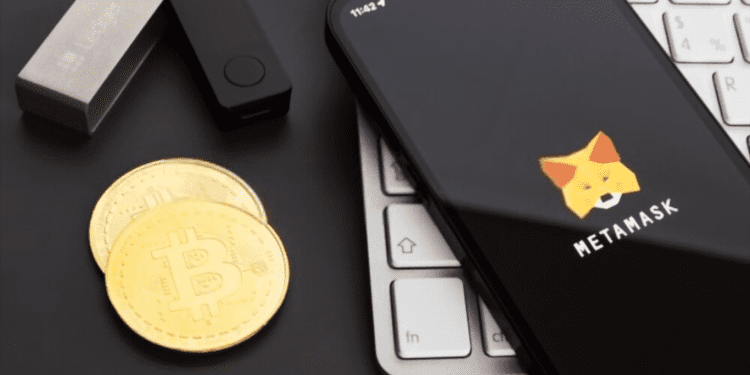Policies surrounding transaction fees, fixed rates, and forms of payment for using the Apple App Store have generated discontent among NFT startups and founders. Many developers within and outside web3 have expressed anger over the tech giant’s 27% minimum commission policy. Meanwhile, Apple is showing no signs of putting on the brakes.
Creators’ Struggle on App Store
NFT startups reportedly raised more than $2.6 billion in venture capital funding since last year. The industry is overgrowing and is opening doors for profit-seeking investors and digital creators to create a reliable income. Despite the popularity of NFTs, Apple has been unwilling to reduce the commissions it takes on in-app purchases.
Apple has the largest app store in the world and is hindering NFT application hosting by requiring a 30% commission from all in-app purchases. Paying such high fees would devastate profit margins for creators and startups alike. Making the App Store unattractive to NFT startups and causing itself to miss out on access to the growing global NFT market.
High Transaction Cost
Meeting Apple’s demands to pay a 30% commission for every in-app transaction will also lead to much higher transaction fees for users. Startups lament that Apple is showing a lack of awareness by increasing transaction costs, which are already notoriously expensive. When users exchange NFTs, a typical marketplace only keeps 2% to 3% of the transaction. Under Apple’s rules, businesses would lose much money on each transaction.
Apple has in the past lowered its commission to 15% for businesses making under $1 million per year. However, this is useless in a $50 billion market with a compounding annual growth rate (CAGR) greater than 10%. Instigating startups like Magic Eden, a Solana-based NFT platform, announced that its app is available only via the Google Play Store – asking iOS users to “hang tight.”
Fixed Subscription Rates
In addition to commission fees, startups have a problem paying fixed prices and setting subscription fees. Even though NFT marketplace apps are being released, they seem primarily used as product promotions for browsing or viewing purposes. Actual sales and transactions are routed to a browser site rather than performed via an app.
Alexei Falin, CEO of the popular NFT startup marketplace Rarible, said, “it appears Apple does not truly want users of the App Store to be able to buy or trade NFTs. Due to set subscriptions or fixed prices, it is almost difficult.” Particularly problematic is the sale of NFTs within apps. Falin asserted that “the Rarible app took many months to get onto the App Store, whereas it merely took days for the Google Play Store.”
Calculating Crypto Payments in Fiat
Fees aren’t the only issue, though. Settling payments for crypto companies is also a challenge. Coinbase’s CEO recently stated that Apple is generally unfriendly to the crypto industry. Businesses dealing with crypto or NFTs usually find it challenging to comply with the in-app purchase requirement that payments be made in dollars or another physically backed cash.
Crypto is a volatile marketplace, and establishing a stable dollar equivalent for each transaction is a hurdle developers have yet to overcome. According to Arthur Sabintsev of blockchain company Pocket Network, this issue “makes it exceedingly hard to price it since you have to program all these statistics regularly.” He suggested to one of his clients that they enable in-app currency purchases, which are identical to those made by several games.
From Apple’s perspective, many established corporations are cautious about adopting crypto payments, especially with statistics showing over 80% of the free NFTs created on OpenSea are either fraudulent or spam.
Apple’s NFT Guidelines
Apple has declined to address the issue directly. Instead, it references the App Store’s general regulations and states that its 500 reviewers check 90% of apps within 24 hours. Despite no direct response to the issue, there are hints as to what the future may or may not hold, given both Meta Mask and Crypto.com have integrated Apple Pay payments in 2022.














